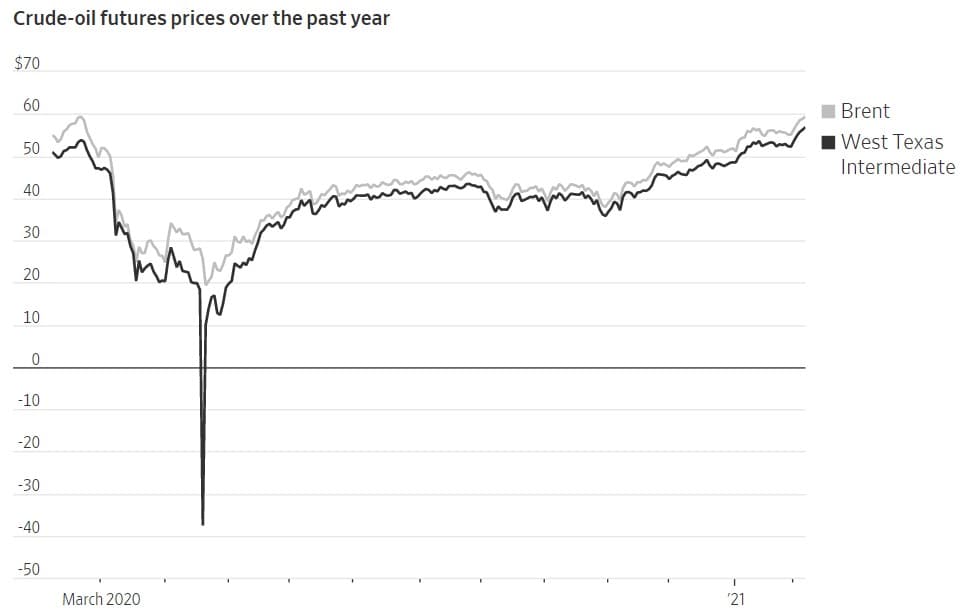The causes of the present inflation are not clear; even experts are in doubt. High world prices for fossil fuels, fertilizers and other commodities are a big problem. Democrats giving trillions to ordinary Americans increased spending power, but so did Republicans giving trillions to billionaires and multi-millionaires. Those inclined to lay almost all the blame on Biden's stimuli are as wrong as those laying most of the blame on corporate greed. Something that even conservative economists are starting to understand is that high income inequality implies misallocation of resources; at least Democratic largesse tends to address that.
A major sub-debate in this thread is the extent of monopoly and oligopoly power in the U.S. Some Infidels seem to argue that since Pepsi is under price pressure from Coke, and vice versa, that this market is competitive rather than oligopolic. But that ignores the way that American mega-corporations actually operate today: Oligopolies are the norm. (This would be a topic for another thread, but for starters note that the shareholders of Pepsi are essentially the same set of institutions as those who own Coke.)
Who can argue with research that has creative line fitting like this?
Even noisy data has central tendencies.
Was it even published in a reputable, peer-reviewed economics journal or just on the website of the progressive think tank they run?
For truly laughable "research" try the American Enterprise Institute.
In our analysis, we find that firms increased their markups substantially in 2021, both to their highest level and with the largest single-year increase since 1955. Firm profitability, both before and after taxes, also increased to its highest levels.
Assuming that is true, it does not tell us why it happened.
I think my proposed mechanism - tight supply of goods and services combined with US government pumping trillions into the economy led to an supply and demand imbalance that led to higher prices which naturally - and not through some conspiracy of a myriad Gordon Geckos - caused an increase in profits.
Am I certain these two distinguished economists' analysis is fully correct? No.
Are they really two distinguished economists? Lusiani is not even an economist, much less a distinguished one.
Lusiani has a Masters degree, with emphasis on Economics, International Law and Human Rights. His credentials are not to be sneered at, with several awards from his undergraduate studies at UCLA in International Development, etc.
That's one thing, but there's also outside factors that can mess with it. We just saw big supply chain shocks, of course corporate profits went up.
Why did corporate profits of course go up? I do not understand this.
Less supply --> shortage --> prices go up to equilibrate supply and demand --> more profit.
To make sure we're on the same page, we're discussing the supply and demand of, say, widgets, in the context of a shortage of a prerequisite for widgets, e.g. steel.
Konczal and Lusiani argue that oligopolic power can lead to the higher widget prices, but you assume competition. Can you agree that the supply of steel is NOT completely inelastic? That businessmen would pay a premium, outbidding other buyers of steel, with the proper profit motive? In your opinion there is a new equilibrium for widgets with lower volume but higher profit margins. But
if the widget market were competitive, these high margins would lead an entrepreneur to bid up the price of steel, and bring down the price of widgets.

 on Twitter: "@RBReich “Over half of the increased prices people are paying are coming from increases in corporate profits.”
on Twitter: "@RBReich “Over half of the increased prices people are paying are coming from increases in corporate profits.”

